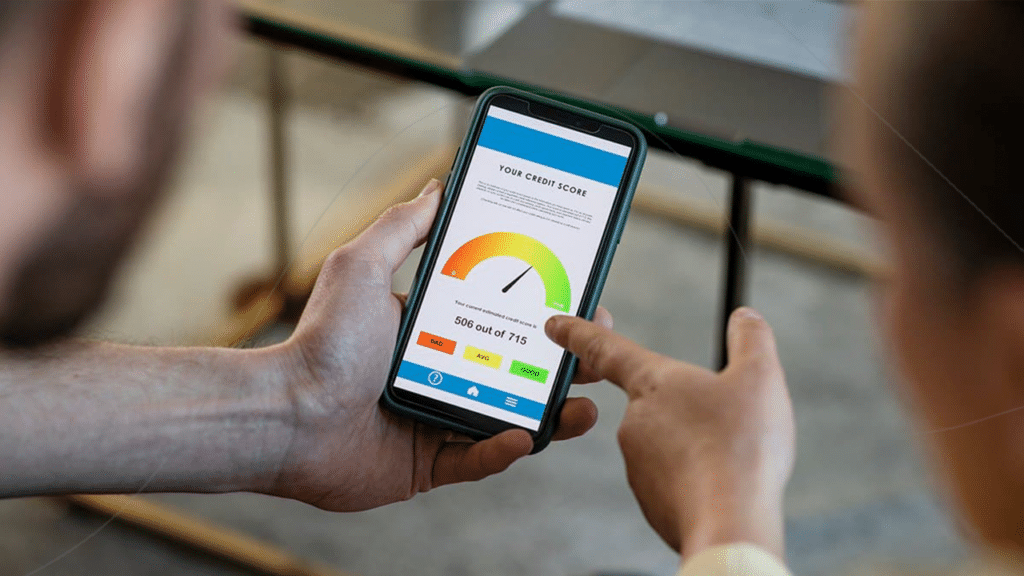Your credit score is a vital financial indicator that influences your ability to secure loans, credit cards, and favorable interest rates. A high credit score opens doors to better financial opportunities, while a lower score may pose challenges. In this in-depth guide, we’ll explore effective strategies to boost your credit score, providing you with the tools to enhance your financial health and achieve your goals.
Understanding the Basics: What is a Credit Score?

Before delving into strategies for improvement, it’s crucial to understand what a credit score is and how it’s calculated. A credit score is a numerical representation of your creditworthiness, typically ranging from 300 to 850 in the United States. It’s determined based on various factors, including payment history, credit utilization, length of credit history, types of credit in use, and new credit.
1. Check Your Credit Report Regularly
The first step in improving your credit score is to obtain and review your credit report. You are entitled to one free credit report annually from each of the major credit bureaus – Equifax, Experian, and TransUnion. Carefully examine your report for inaccuracies, such as incorrect account information, late payments, or accounts that don’t belong to you. Dispute any discrepancies you find to ensure the accuracy of your credit report.
2. Pay Your Bills on Time, Every Time
One of the most significant factors influencing your credit score is your payment history. Consistently paying your bills on time has a positive impact and demonstrates to lenders that you are a reliable borrower. Set up automatic payments or reminders to ensure you never miss a due date. Even one late payment can have a detrimental effect on your credit score, so timely payments should be a top priority.
3. Reduce Credit Card Balances
Credit utilization, or the ratio of your credit card balances to your credit limits, plays a crucial role in determining your credit score. Aim to keep your credit card balances below 30% of your credit limits. Paying down credit card debt can significantly improve your credit utilization ratio and positively impact your credit score. Consider creating a plan to gradually reduce outstanding balances.
4. Avoid Opening Unnecessary Credit Accounts
While a mix of credit types is beneficial for your credit score, opening numerous new credit accounts within a short period can be detrimental. Each credit inquiry can have a small impact on your score. Focus on the types of credit that align with your financial goals and avoid unnecessary credit applications.
5. Lengthen Your Credit History
The length of your credit history is another factor that influences your credit score. While you can’t change the length of your credit history overnight, you can take steps to establish and maintain good credit habits over time. Avoid closing old accounts, as they contribute positively to the length of your credit history.
6. Consider a Secured Credit Card
If you’re rebuilding your credit or have limited credit history, a secured credit card can be a valuable tool. Secured cards require a cash deposit, which serves as your credit limit. Using a secured credit card responsibly by making on-time payments can help establish or rebuild your credit. Over time, you may qualify for an unsecured credit card with better terms.
7. Negotiate with Creditors for Better Terms
If you’re facing financial challenges and struggling to make payments, consider reaching out to your creditors to discuss your situation. Some creditors may be willing to negotiate more favorable terms, such as lower interest rates or a temporary reduction in payments. Exploring these options can help you manage your debt more effectively.
8. Become an Authorized User on a Trusted Account
If you have a close friend or family member with a positive credit history, consider asking them if you can become an authorized user on one of their accounts. Being added to an established credit account with a good payment history can potentially boost your credit score. However, ensure that the primary account holder is responsible and maintains timely payments.
9. Seek Professional Guidance if Needed
If your credit situation is complex or you’re facing challenges in improving your credit score, consider seeking professional advice. Credit counseling agencies can provide guidance on managing debt, creating a budget, and developing a personalized plan to improve your credit. Be cautious and choose reputable organizations that adhere to ethical practices.
10. Be Patient and Persistent

Improving your credit score is a gradual process that requires patience and persistence. As you implement these strategies, monitor your progress and celebrate small victories along the way. Building a strong credit history takes time, but the financial benefits and increased access to favorable lending terms make the effort worthwhile.
Empowering Your Financial Future
A higher credit score not only opens doors to better financial opportunities but also reflects your commitment to responsible financial management. By understanding the factors influencing your credit score and implementing strategic measures, you can take control of your financial future. Regularly monitoring your credit, making timely payments, and adopting healthy credit habits will contribute to a positive credit profile, empowering you to achieve your financial goals. Remember, improving your credit score is a journey, and with dedication, you can pave the way to a more secure and prosperous financial future.


 Technical Features and Financial Management of the Inter Passport Card <p style=' font-weight: normal;font-size: 16px !important; text-align: left;'> Discover the main features of the Inter Passport Card and how it can facilitate the effective management of your personal finances. </p>
Technical Features and Financial Management of the Inter Passport Card <p style=' font-weight: normal;font-size: 16px !important; text-align: left;'> Discover the main features of the Inter Passport Card and how it can facilitate the effective management of your personal finances. </p>  Inter Passport Card: The Ideal Solution for Managing Your Credit Securely <p style=' font-weight: normal;font-size: 16px !important; text-align: left;'> Discover how the no-annual-fee card from Banco Inter can help you control your finances and offer benefits on purchases. </p>
Inter Passport Card: The Ideal Solution for Managing Your Credit Securely <p style=' font-weight: normal;font-size: 16px !important; text-align: left;'> Discover how the no-annual-fee card from Banco Inter can help you control your finances and offer benefits on purchases. </p>